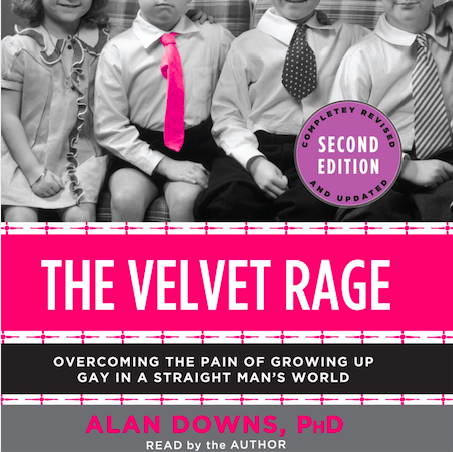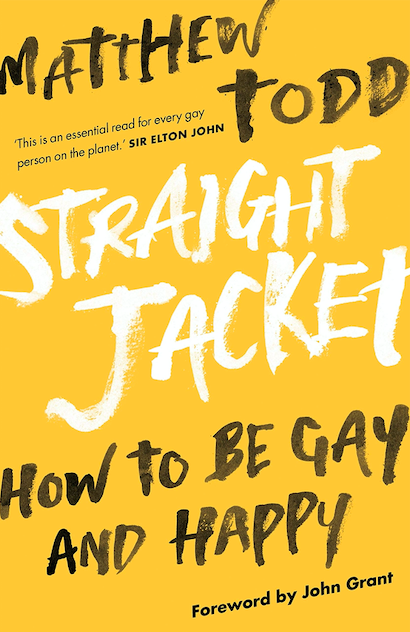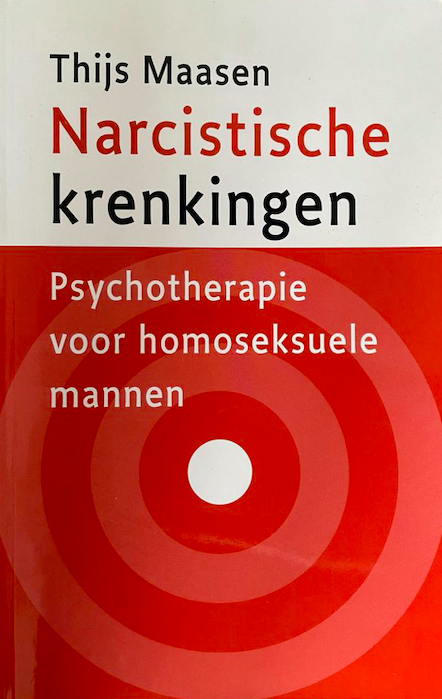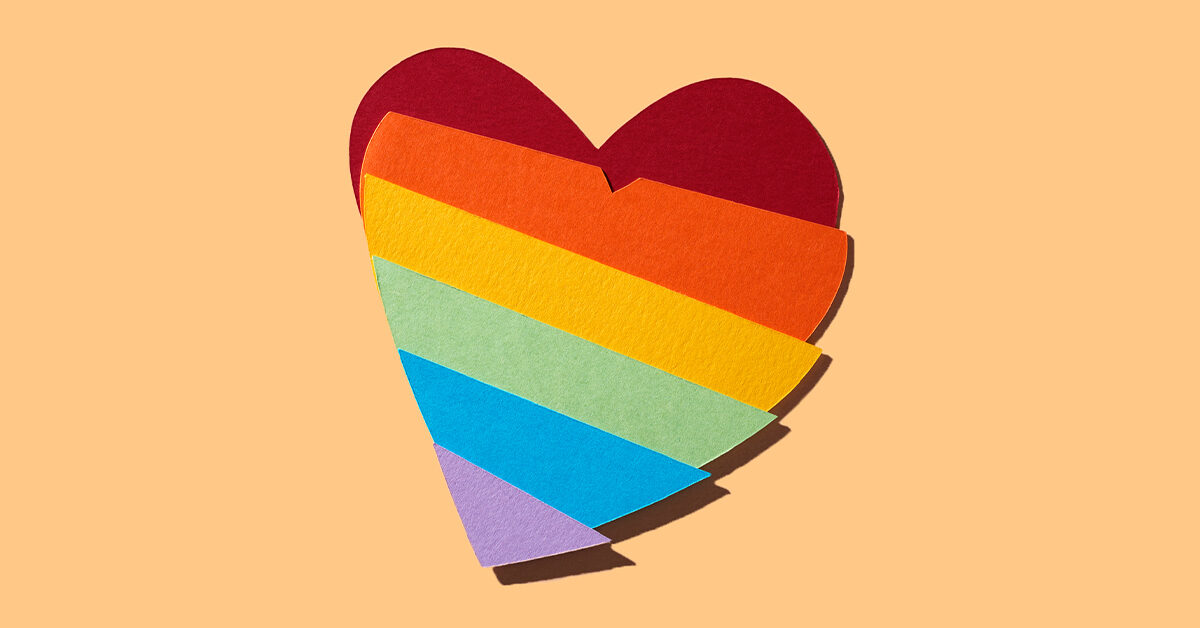Laurens Buijs
Amsterdam Gender Theory Research Team
Nowadays, there is excellent scientific documentation that gay men suffer from a specific kind of trauma. This “gay trauma” is a very persistent phenomenon, and it is very important to work with it.
In the patriarchal society (see AGTRT-BA9) in which we live, everyone is traumatized to a greater or lesser degree, so trauma is not a special thing for gay men. Everyone suffers from patriarchal trauma to a greater or lesser degree in the present day (see AGTRT-BA4). But gay men do develop a special kind of trauma because of the specific social position of gays in patriarchal societies.
Read more about patriarchal trauma:
How patriarchy has split our psyche, and how we can repair the damage

Exactly what this trauma looks like for you (and the extent to which it plays out) depends on the specific circumstances of your upbringing and especially your psychoanalytic home situation.
But there is also a common denominator. The gay man on the one hand experiences pressure to be masculine, but on the other hand will never be seen as a real man precisely because he is gay. This produces great emotional conflict from early adolescence onward that we often do not consciously experience because it takes place at the subtle unconscious level.
This conflict involves the accumulation of great anger and frustration in the emotional inner world because of living in a society that makes impossible demands, while at the same time internalizing the idea that the struggles this produces are your own fault and the result of your own shortcomings.
Read my article on gay trauma in The Correspondent (2016):
Walk with us through Amsterdam’s gay nightlife and see how easy it is to get lost there
All this eventually leads to a disruption in the development not only of gender identity but also of sexuality. This disruption can manifest itself roughly in two ways.
There are gay men who do develop both their feminine and masculine sides, but then have no idea how to integrate these two sides into the personality. The result is an inner split that can lead to all sorts of extreme forms of dependency, an opportunistic personality, uncontrolled behavior and an indomitable need for external validation.
There are also gay men who suppress their feminine sides so that their development is either non-existent or very minimal. The result is a charismatic but cold and narcissistic personality in which self-interest is mercilessly put first and in which the tendency arises to fall back on manipulation and (passive) aggression in order to satisfy one’s own needs, often hidden behind a friendly facade.
By the way, these two personality types are also quite often attracted to each other, either amicably or romantically/sexually, with the risk of creating all sorts of very toxic codependencies.
It is not fun to talk about these issues because trauma creates very ugly shadow behavior that we prefer to look away from. Moreover, it is uncomfortable that this rubs up against all sorts of old-fashioned homophobic narratives that portray gays as weak and sickly.
But the trauma and our wounds are not our fault; they are the fault of patriarchal society. And from looking away we are certainly never going to heal from this.

And that looking away is happening far too much now. Gay trauma is often covered under the rainbow flag. We have come to believe in all sorts of false ideas about an emancipated gay-tolerant society that has never really been there.
So it can happen that during Amsterdam Pride hundreds of thousands of gay people are celebrating their “freedom” without any awareness of the enormous struggle they are in the midst of. And so it can happen that gay men take drugs more often and more easily, without the conversation about the collective pain behind this dependence on pharma.
Read more about Big Pharma’s destructive grip on the gay community:
The gay movement has allowed itself to be corrupted by Big Pharma, and there is still no conversation possible about it
It is very important to look at our gay trauma. Implement shadowing in your own way (see AGTRT-BA7). Talk about it with friends. Read about it in books like Straight Jacket and Velvet Rage. Seek professional help from mental health providers. Create a support community around you where you learn to talk about these wounds in a safe way but without taboos. Addressing and confronting each other is key here.

The gay advocates have done the preliminary work and have created for us a gay subculture in which we can become aware of the deep wounds within ourselves with each other, and in which we can support each other. It is up to our generation to really heal the wounds now.
The opportunity we have now to break free from patriarchal oppression will not present itself again. We will have to formulate our emancipation goals much more sharply, and make the fight against gay trauma central to them. Indeed, with unhealed gay trauma, we are not properly connected to our hearts, and that very thing is very important for your survival in these dangerous times.

Leave a Reply